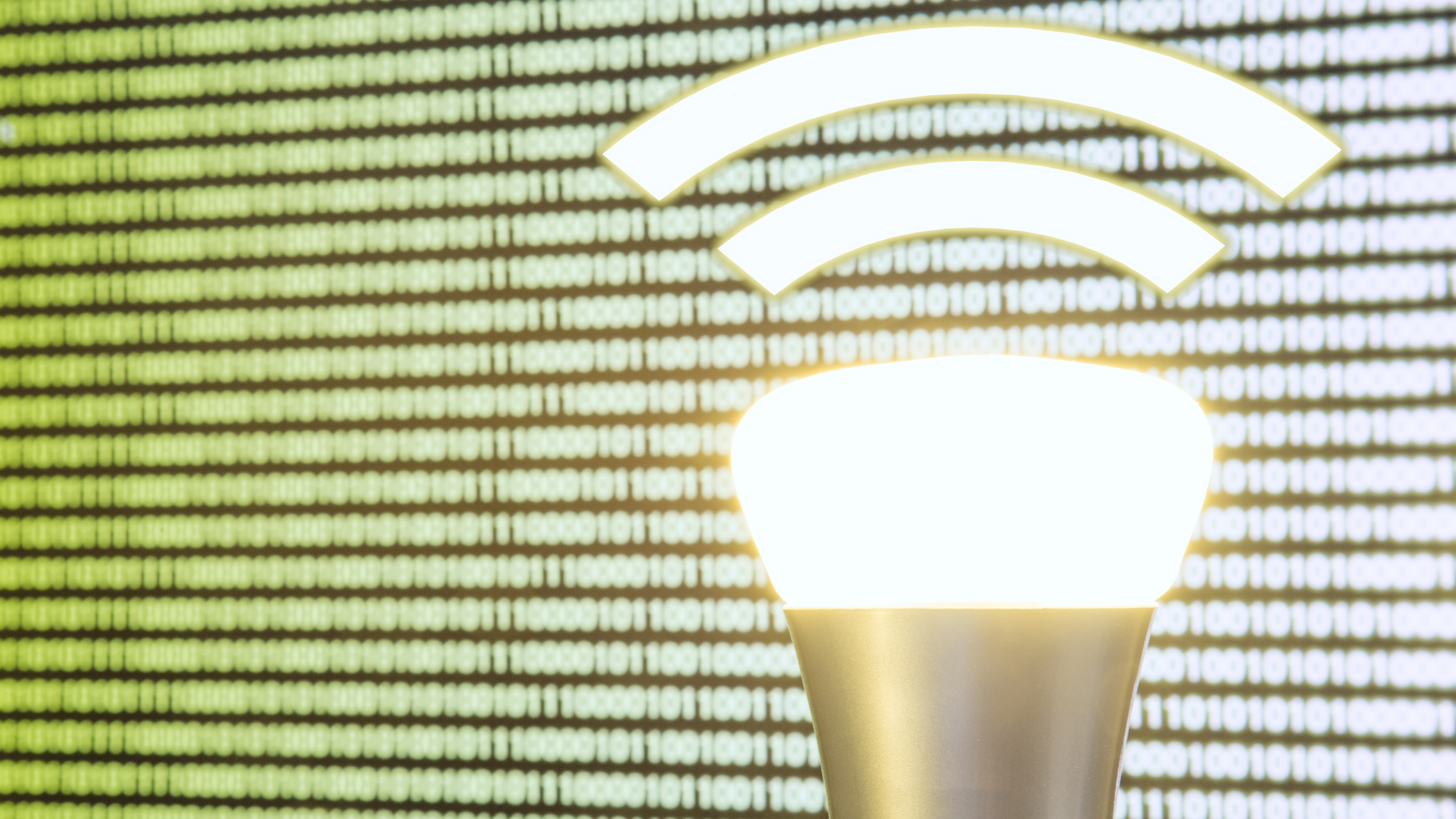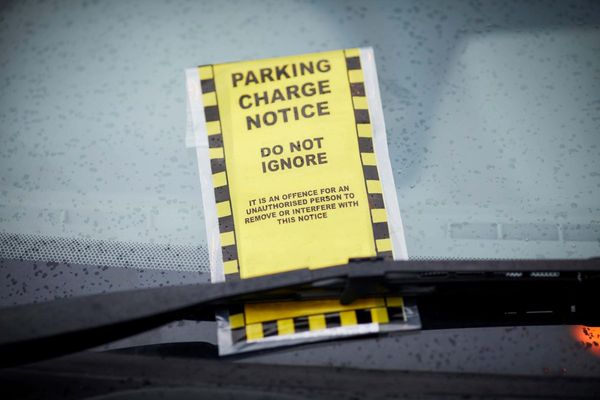
Scientists have developed a new type of visible light communication (VLC) technology that can transmit data using conventional lighting fixtures used in homes and offices. The technology could one day usurp Wi-Fi as the go-to tool for wireless communication.
Unlike wireless-fidelity (Wi-Fi) technology, which uses electromagnetic radio waves to transmit data, light-fidelity (Li-Fi) uses sources of light and can theoretically reach speeds over 100 times faster. While Li-Fi is a fully networked system and can incorporate infrared or ultraviolet light, VLC is unidirectional and only taps into the visible light spectrum. Some scientists also say Li-Fi is the incorporation of Wi-Fi and VLC, according to the Institute of Physics.
VLC is not widely used because the light source would have to be on all the time, it requires a direct line of sight with a receiver and it cannot be used outdoors. Deploying a VLC system using generic white light also reduces stability and accuracy in the transmission of data due to the interference.
But now, researchers have mimicked white light by creating a tri-color VLC system — using red, blue and green light — emitted from an organic light-emitting diode (OLED) array, and have reduced interference in the process. They also set up an organic photodiode (OPD) array as a receiver. They described their work in a study published Oct. 19 2023 in the journal Advanced Materials.
Related: Wireless tech could replace Bluetooth at short distances and boost battery life 5-fold
"Our light source, which blends three wavelengths, circumvents interference thereby enhancing stability and accuracy in data transmission," Dae Sung Chung, professor of chemical engineering at Pohang University of Science and Technology in South Korea, said in a statement. "We foresee this technology as a potentially beneficial tool for diverse industries, serving as a next-generation wireless communication solution that utilizes conventional lighting systems."
OLEDs use an organic layer to generate light and are commonly used in the display screens of many modern TVs, smartphones and laptops. Compared with LEDs, OLEDs are better for the environment, are more cost-effective and have a more lightweight design. OLEDs are also more suited to being fitted into receivers because they provide greater sensitivity at specific wavelengths.
OPDs operate inversely to OLEDs, utilizing the organic semiconductor element to absorb light and convert it to electric current -– similar to photovoltaic cells in solar panels.
In the new study, the researchers configured OPDs to use a Fabry-Pérot interferometer, which consists of two curved mirrors facing one another. When aligned in such a way, the OPDs detected specific wavelengths of light transmitted from the OLED array.
By sending data from the transmitter to the receiver, the researchers demonstrated that even indoor lighting fixtures could be fitted with the light source to transfer data in a Li-Fi system. Their composite light source also had a lower bit error rate compared with conventional lighting, as it suppressed interference.
The scientists tested this technology in specific laboratory conditions designed to minimize interference and ensure the accuracy of data. But they're aiming to test it in real-world conditions to better understand how the system works in practice. Here, there will be interference from the local environment such as other sources of light and dust, the researchers noted in the paper. They also want to test whether the Li-Fi system works with a moving receiver, rather than a stationary one.
In the future, a near-infrared (NIR) channel could also further reduce interference issues, which would allow VLC transmitters to extend their operational range. They also want to test whether they can resolve physical barriers, like walls in a house, by using power-line communications.






